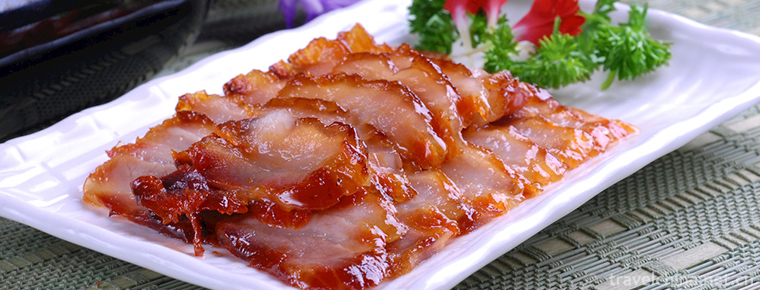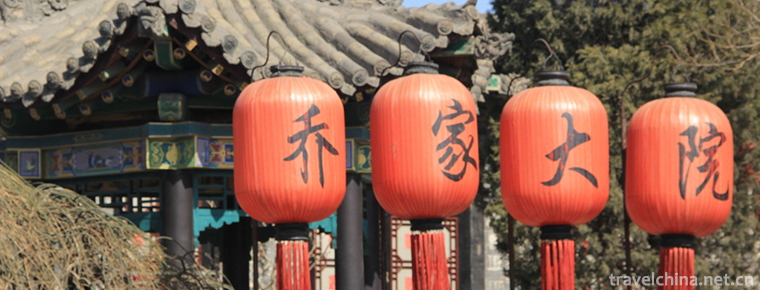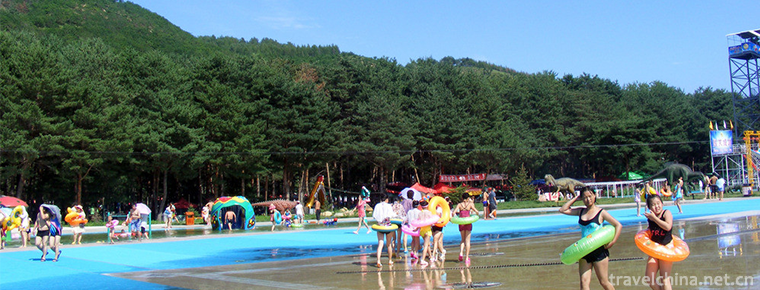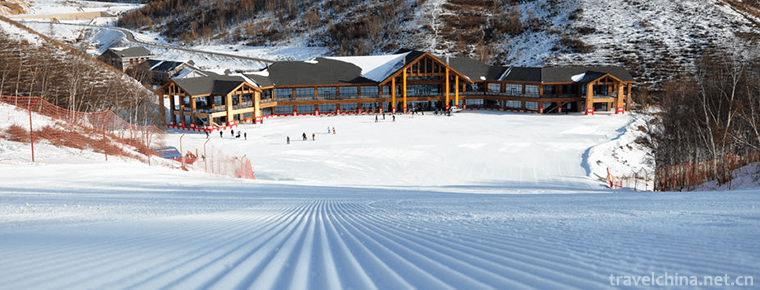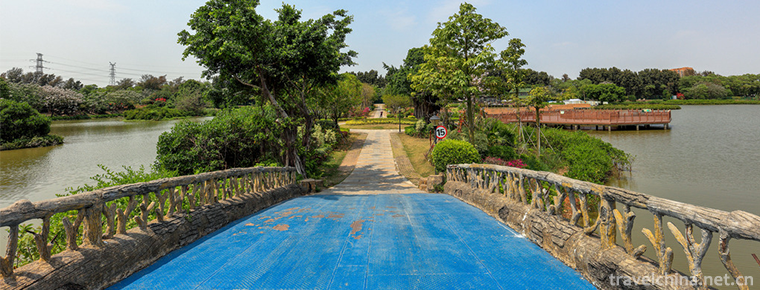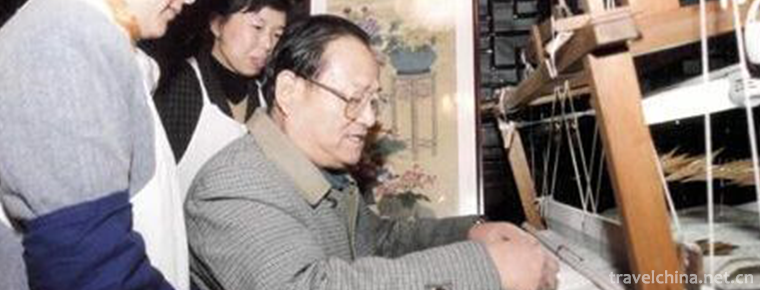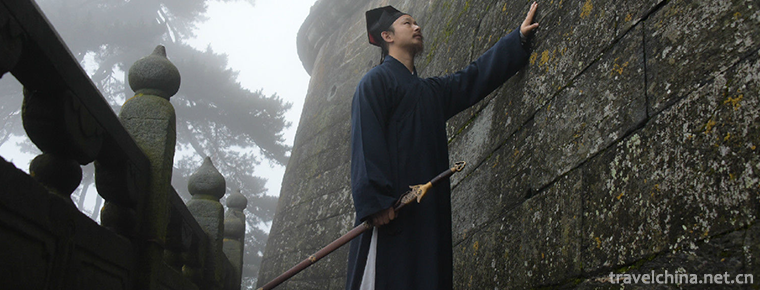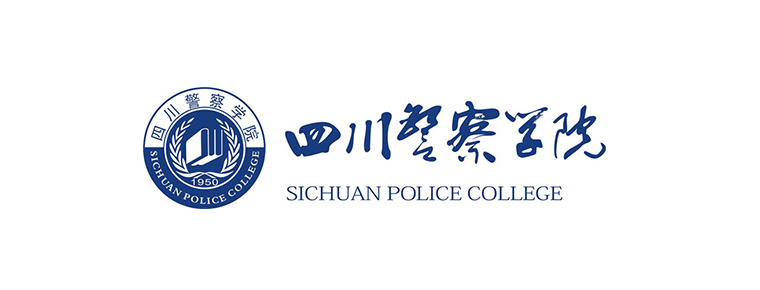Huaibei Bangzi Opera
Huaibei Bangzi Opera
Huaibei Bangzi Opera originally named Shahe Diao, also known as Shahe Bangzi, Anhui Bangzi Opera, and Henan Henan Henan Opera belong to a different genre, is popular in Anhui Province along the Huaibei area of traditional opera. Local people commonly known as "Gaobang", generally referred to as Bangzi opera.
Huaibei Bangzi's singing is lively, graceful and lively. It can express not only pleasant mood, but also generous and vigorous atmosphere. It has a strong local color. The empty words such as which, ah, roar, wow, ho, ah, etc. are lined in the cavity, which can decorate the singing cavity and produce the effects of full lyrics, clever pronunciation and witty tune.
On May 23, 2011, the Huaibei Bangzi Opera jointly declared by Suzhou and Fuyang, Anhui Province, was listed in the third batch of national intangible cultural heritage list with the approval of the State Council.
historical origin
During the Qing and Jiaqing Dynasties, Yang Tan, who sang Bangzi Opera in Shangqiu, Henan Province, came to the northern part of Anhui to sing and set up classes to pass on art. Influenced by local customs and folk art, the singing tune is different from the original Bangzi in Shangqiu, Henan Province, regardless of male and female actors, regardless of slate style, long and short sentences, and when singing, it is lined with many empty words, such as, ah, haw, haw, roar, bah, whine, which is formed by artists absorbing local minor changes, called "Shahe Tune". The aria of Shahe tune can be divided into 10 kinds, such as adagio, running water, 28, flying board and stomping. However, when singing, actors can change their minds and feelings according to the scenarios prescribed by the script. Henan Bangzi, also known as Shahe Bangzi, is used to attack the festival with jujube. Shahe Bangzi further developed, not only in the singing of clever words, melodious, but also pay attention to stealing words, flash board, flexible and changeable. Red-faced singing, absorbing the local drum calligraphy artists'singing methods, such as half-talking and half-singing, first voicing and then playing, dozens of lines after singing and dragging the tune to finish, not limited by 7 words, 10 words of lyrics. String accompaniment, using only a Beijing Hu (soft bow).
After the founding of the People's Republic of China, Bangzi in Shahe developed rapidly. In the 1950s, Fuyang, Suxian and Huainan established 18 professional theatre troupes at the district, county and municipal levels, which were named Huaibei Bangzi. In 1960, the Huaibei Bangzi Theatre Troupe of Anhui Province was established, and its development entered its heyday. All professional theatre troupes are staffed with directors. More than 700 traditional plays have been excavated and more than 500 performances have been performed regularly. Such as "Weishui River" (also known as "Wen Wang's Visit to Xian"), "Fire Son Capital" (also known as "Var Zidu"), and "Var Su Qin" (also known as "Hong Changfu") and so on. In Huaibei area, people in the field can sing some red-faced and Black-faced Bangzi operas.
Huaibei Bangzi has a certain blood relationship with Henan Opera, Shangdang Bangzi, Pu Opera and Laiwu Bangzi. It is mainly prevalent in some areas of northern Anhui, Eastern Henan and Northern Jiangsu. At its peak, almost all counties and counties had professional theatre troupes. Early and influential theatre troupes were established, mainly the turn-over troupe and the dawn troupe during the Anti-Japanese War.
Inheritance and protection
The Bangzi Opera in Suzhou has a brilliant time in history. In the 1950s, Zhang Fulan, an old artist, reported and performed in Jinjing. In 1987, the provincial TV station produced six series of TV dramas from the historical costume drama "Chu Gong Hate" created and performed by the Bangzi Opera Troupe in Suzhou. In October 1998, the large-scale modern drama "Towering Trees" created and performed by the Bangzi Theatre Troupe attracted great attention from all walks of life. In 1999, it won the provincial "Five-one" project award. However, in the following ten years, influenced by the great environment of the development of opera, many theatre troupes had almost no opera to perform. In order to survive, the performers mostly performed singing and dancing outside, and some young actors left one after another, which led to the lack of talent cultivation. Although the living environment of opera has improved since 2006, it still faces some difficulties. However, among the three Bangzi troupes in Suzhou, there are bottlenecks in their development to varying degrees.
Keeping close to the theme of the times, let the development of Bangzi Opera in Suzhou glow with new vitality. In addition to the large-scale contemporary anti-corruption drama "Peace is a blessing", the city Bangzi troupe also created a true story reflecting grass-roots cadres struggling to die for the party: "Shixiang Party Spirit - Ke Zenghua", as well as "Rural Mayor kneeling" and "Village Official Niu Xiaole" and other small plays with strong flavor of life, which were highly praised both inside and outside the industry. Especially the drama "Shixiang Party Spirit-Ke Zenghua" successfully opened up the external performance market. From May 26 to June 23, 2013, it toured Beijing and Anhui provinces with more than 400,000 audiences. It created a new commercial performance mode in the field of foreign cultural exchanges, and the Bangzi Theatre Group of Suzhou enjoyed a high reputation.
In 2013 and 2014, Bangzi Opera held two consecutive sessions of the city's opera stage, giving full play to the artistic function of teaching and entertainment, Gaotai education, in the form of popular performance, each show has thousands of people come to watch.
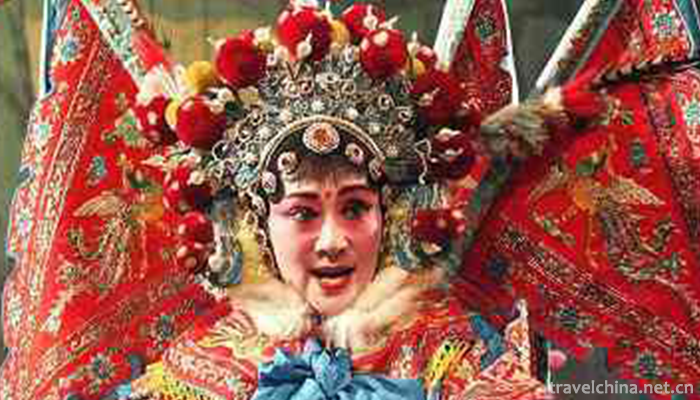
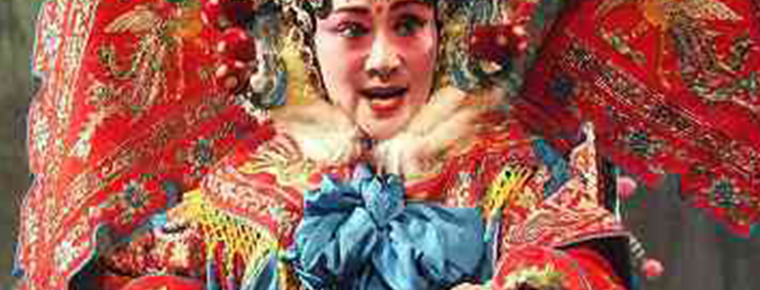
Huaibei Bangzi Opera
-
barbecued pork
Views: 311 Time 2018-11-02 -
The Qiaos Famaily Compound
The Qiao's Famaily Compound: National AAAAA-level tourist attractions, national key cultural relics protection units, national second-level museums
Views: 171 Time 2018-11-24 -
Yilong Water Custom Park
Yilong Water Custom Park was built in 1996, covering an area of 100 hectares. It was solely operated by individuals and formally opened in June 1997.
Views: 385 Time 2018-12-22 -
Miyuan Yunding Paradise
Miyuan Yunding Paradise Park is located in Chongli District, Zhangjiakou City, Hebei Province, 220 km from Beijing, only 50 minutes after the completion of the high-speed railway
Views: 178 Time 2019-02-07 -
Shenzhen Maritime Pastoral
Shenzhen Maritime Pastoral Tourist Area is administratively located in Shajing Street, Baoan District, Shenzhen City. It is located at the eastern port of Pearl River estuary
Views: 219 Time 2019-02-08 -
Huaihai Opera
Huaihai Opera, one of the national intangible cultural heritage, is a local traditional drama in Huaian City and Lianyungang City of Jiangsu Province.
Views: 182 Time 2019-05-04 -
Silk weaving skills in Suzhou
Tilting, also known as carving, is an ancient and unique traditional weaving process in China. It mainly exists in Suzhou and its surrounding areas. Since the Southern Song Dynasty, Suzhou silk has be
Views: 365 Time 2019-06-17 -
Wudang Martial Arts
At the end of Yuan Dynasty and the beginning of Ming Dynasty, Zhang Sanfeng, a Taoist of Wudang School, established Wudang School and was respected as the founder of Wudang Wushu.
Views: 167 Time 2019-06-30 -
Sichuan Police College
Sichuan Police College is the only full-time undergraduate college of political, legal and public security in Sichuan Province, which is sponsored by the People's Government of Sichuan Province and jo
Views: 146 Time 2019-08-31 -
Cultural undertakings in Panzhihua
As of the end of 2018, Panzhihua has 3 museums and exhibition halls; 50 cultural (Art) museums, including 44 cultural stations and 8 theatres and cinemas; and 6 public libraries, with a total collection of 990800 books. There are 43 Township radio and television stations and
Views: 263 Time 2020-12-14 -
Guangyuan Tourism
In 2018, the city has 1 AAAAA scenic spot, 19 AAAA scenic spots, 18 AAA scenic spots and 8 AA scenic spots. In the whole year, it received 50.2886 million tourists, an increase of 11.4%. The total income of the tourism industry was 41.953 billion yuan, an increase of 25.4%.
Views: 215 Time 2020-12-15 -
Climate of Yibin
Yibin City has a humid monsoon climate in the middle subtropics, and the low hills and river valleys have the climate attributes of south subtropics. It has the characteristics of mild climate, abundant heat, abundant rainfall, suitable illumination, long fr
Views: 368 Time 2020-12-18
